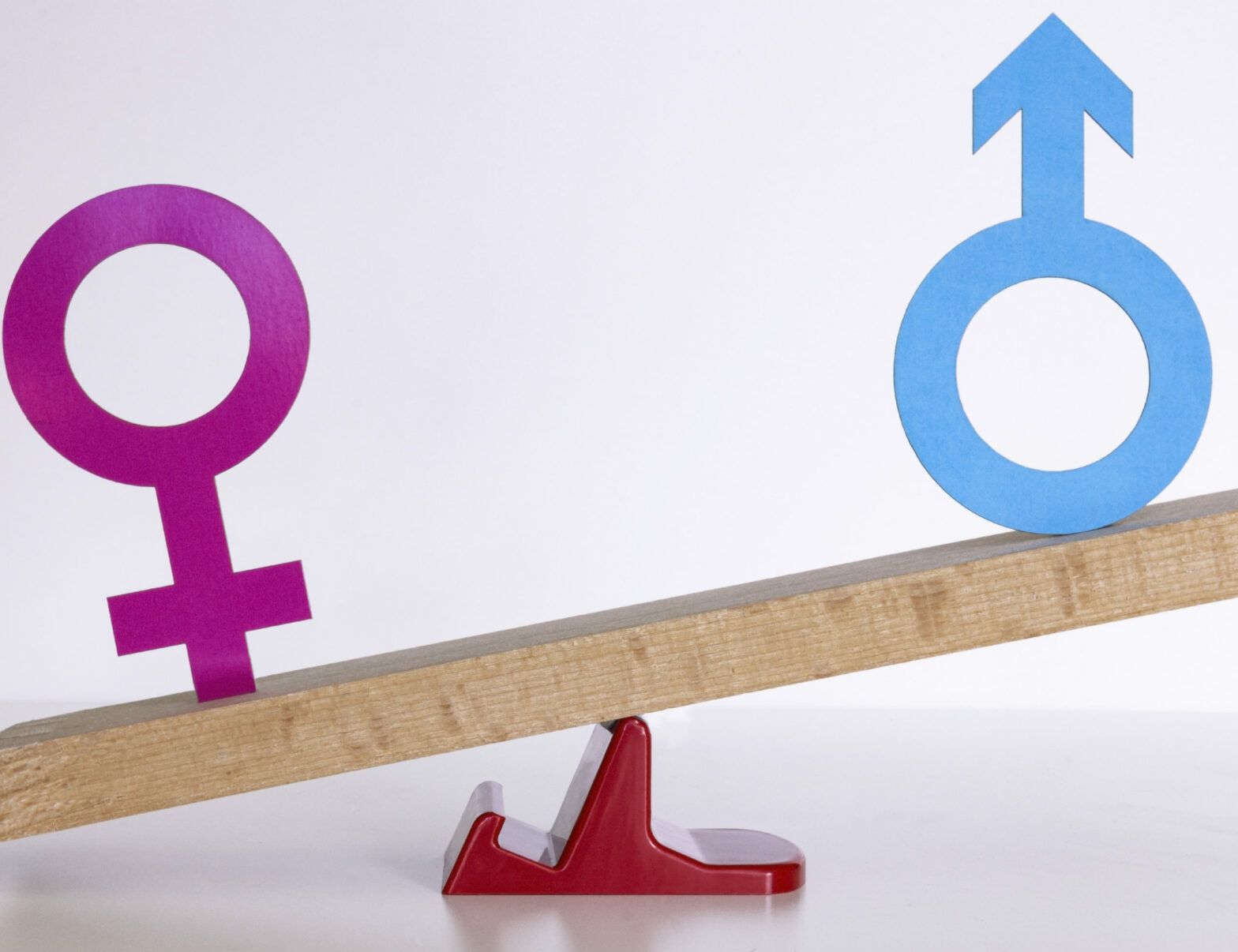The European Commission (EC) has proposed a number of measures to promote equal pay between men and women, including obligations for big companies to report their gender pay gaps.
Other potential plans include providing the tools for employees’ to seek collective action where they feel there has been pay discrimination, and the right for prospective employees to request average pay levels broken down by gender before their interview for the work they would be carrying out.
EC president Ursula von der Leyen has said transparency around equal pay is a “political priority” for countries in the European Union (EU), as it also pledged to strengthen the tools available to workers to claim their rights and “facilitates access to justice”.
Women make on average 14% less than men across the bloc, with big variations in different countries; the gender pay gap in Luxembourg is recorded at 1.4% compared with 21.8% in Estonia, according to the EC.
The new measures announced by the EC to reduce these gaps EU-wide and increase transparency include:
- Gender pay gap reporting – Employers with at least 250 employees, as is the case in the UK, must publish information on the pay gap between female and male workers in their organisation.
- Joint pay assessment – Where pay reporting reveals a gender pay gap of at least 5% and the employer cannot justify the gap on objective gender neutral factors, employers will have to carry out a pay assessment, in cooperation with workers’ representatives.
- Pay transparency for job-seekers – Employers will have to provide information about the initial pay level before the job interview, and employers will not be allowed to ask prospective workers about their pay history.
- Right to information for employees – Workers will have the right to request information from their employer on their individual pay level and on the average pay levels, broken down by gender, and in categories of departments carrying out the same work.
Furthermore, in order for workers to have better access to justice where it is believed pay discrimination has taken place, the following measures are also proposed:
- Compensation for workers – workers who suffered gender pay discrimination can get compensation.
- Burden of proof on employer – it will be by default for the employer, not the worker, to prove that there was no discrimination in relation to pay.
- Sanctions to include fines – Member states should establish specific penalties for infringements of the equal pay rule, including a minimum level of fines.
- Equality bodies and workers’ representatives may act in legal or administrative proceedings on behalf of workers as well as lead on collective claims on equal pay.
President von der Leyen, said: “Equal work deserves equal pay. And for equal pay, you need transparency. Women must know whether their employers treat them fairly. And when this is not the case, they must have the power to fight back and get what they deserve.”
Commissioner for Equality, Helena Dalli, added: “The pay transparency proposal is a major step toward the enforcement of the principle of equal pay for equal work or work of equal value between women and men. It will empower workers to enforce their right to equal pay and lead to an end to gender bias in pay. It will also allow for the detection, acknowledgment and addressing of an issue that we wanted to eradicate since the adoption of the Treaty of Rome in 1957. Women deserve due recognition, equal treatment and value for their work and the Commission is committed to ensuring that workplaces meet this objective.”
The proposal is be reviewed by European Parliament and the Council for approval. Once adopted, EU member states will have two years to incorporate the directive into national law, and EC said it will carry out an evaluation of the proposed directive after eight years.








